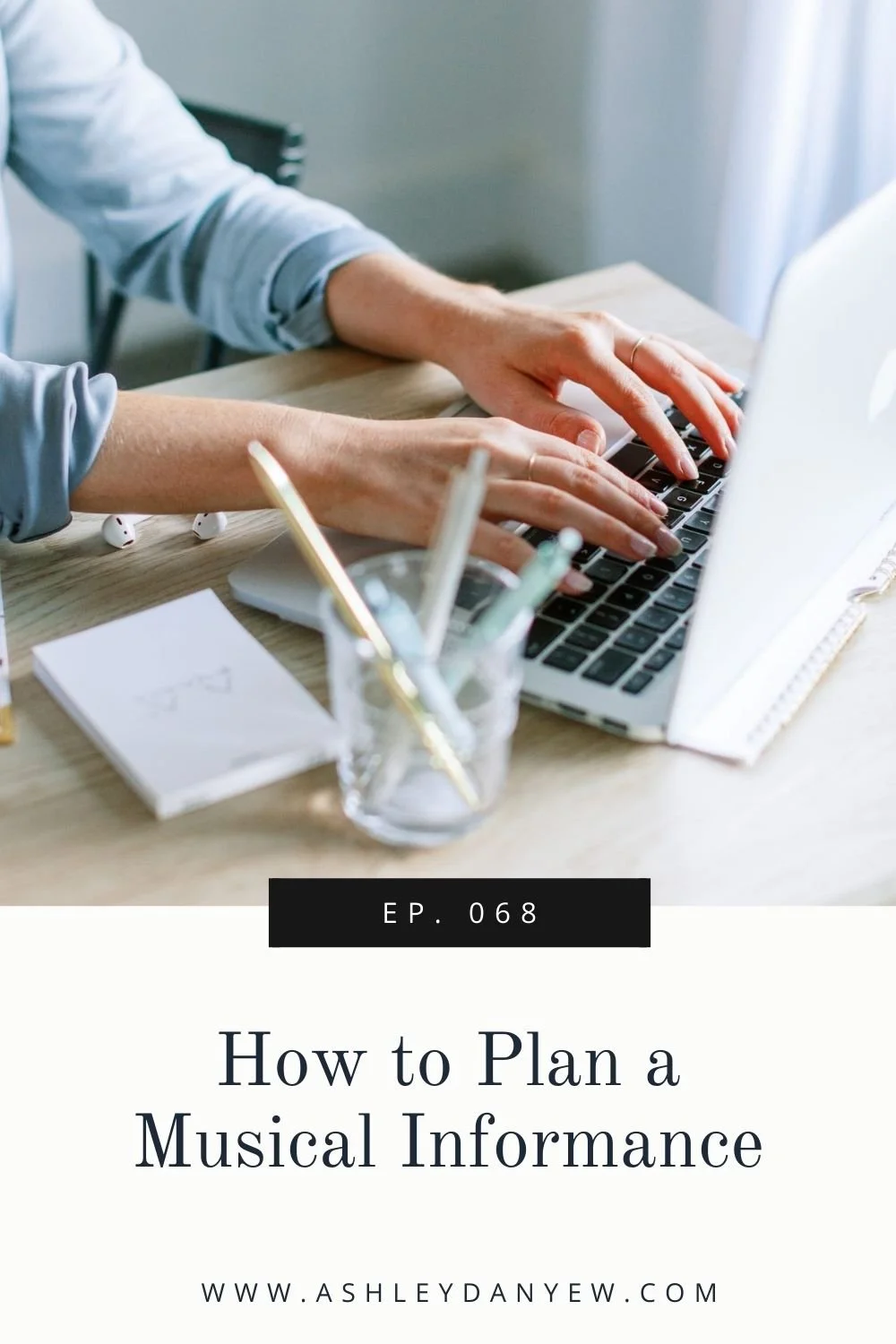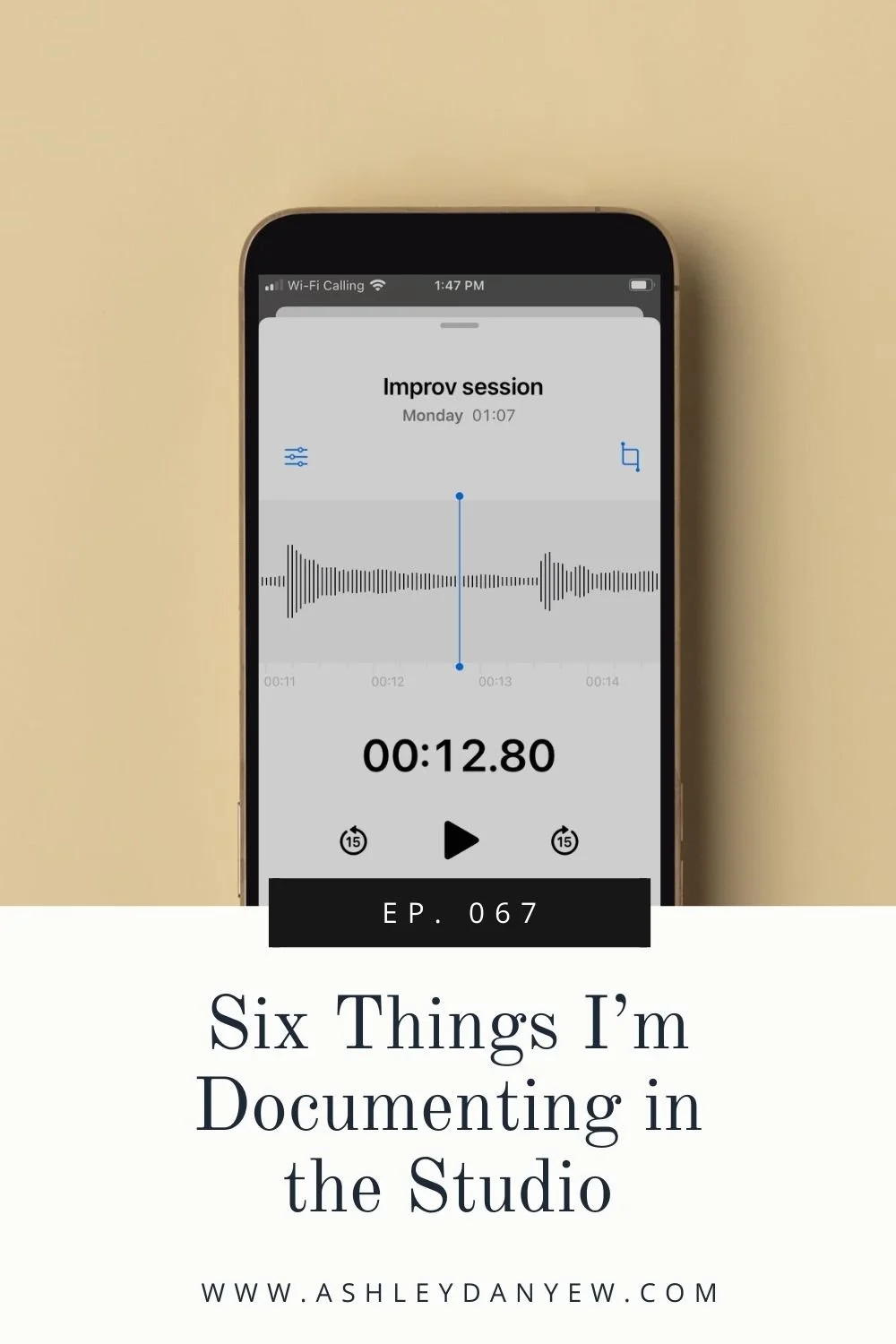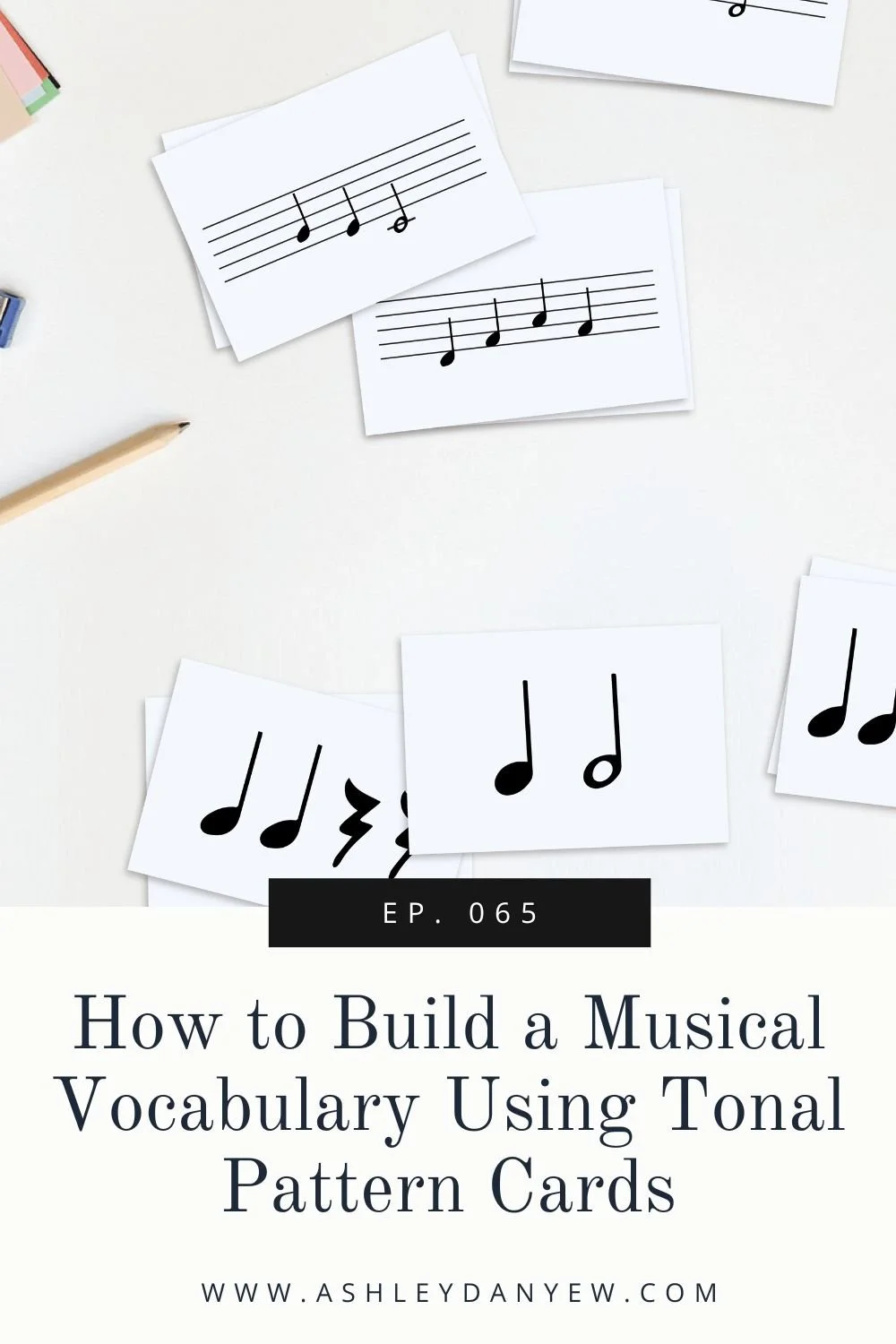I did a poll on Instagram recently to see if any of my music teacher friends had ever hosted a musical informance. A few said "yes," a few said "no," but a surprising number of respondents chose the third option: "What's an informance?"
An informance is basically an informal performance or as Eastman professor Dave Headlam describes, "A performance for the information age." (source: Oxford Handbook of Public Music Theory)
It's an opportunity to share musical works in progress or perform in a laid-back environment while inviting the audience into the process. There's a teaching component and a performing component, and depending on how you structure it, a conversational or interactive component.
















